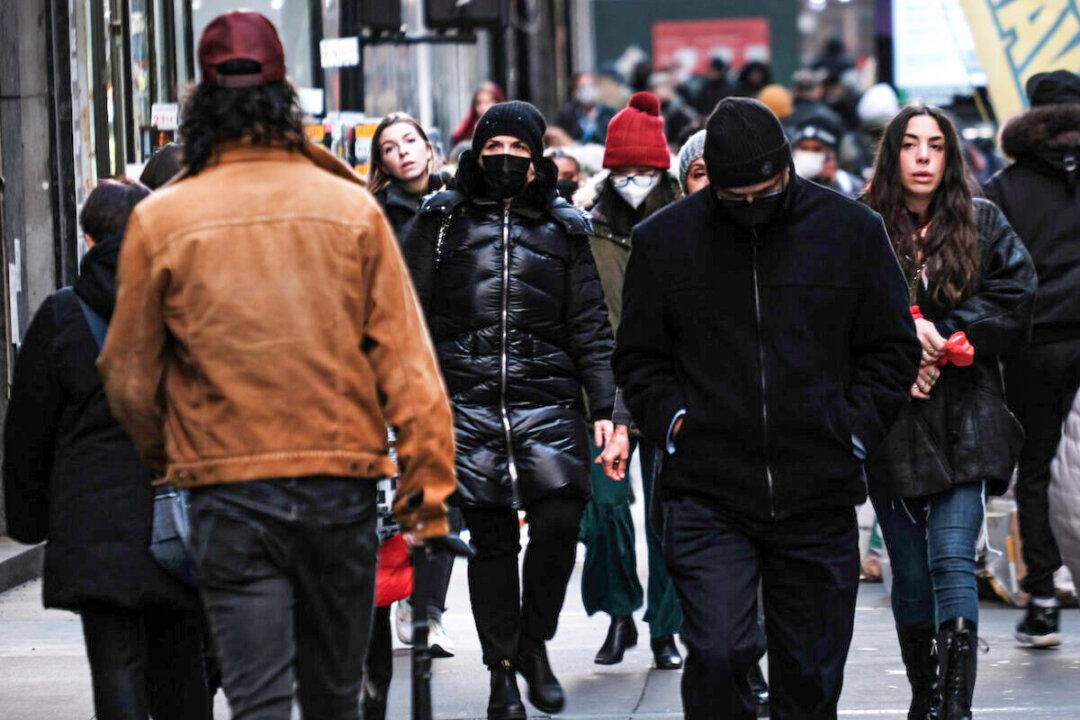Five cases of the Omicron coronavirus variant have been detected in New York state, Gov. Kathy Hochul announced late Thursday, after cases were detected in Minnesota and Colorado.
“New York State has confirmed five cases of the Omicron variant,” she said on Twitter. “Let me be clear: This is not cause for alarm. We knew this variant was coming and we have the tools to stop the spread. Get your vaccine. Get your booster. Wear your mask.”




